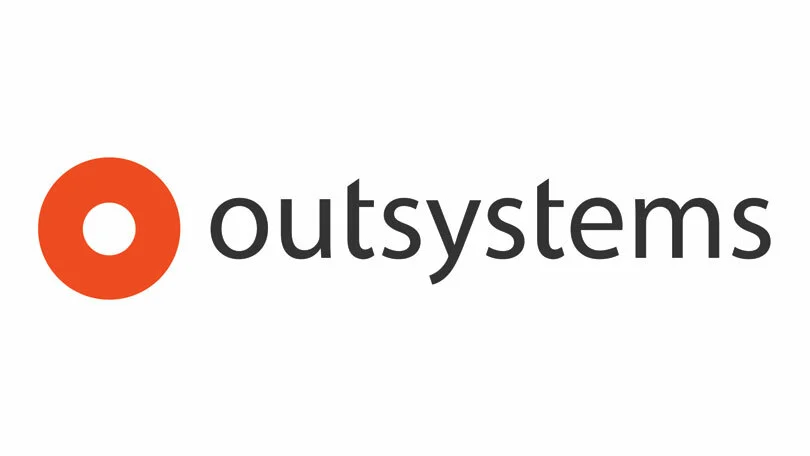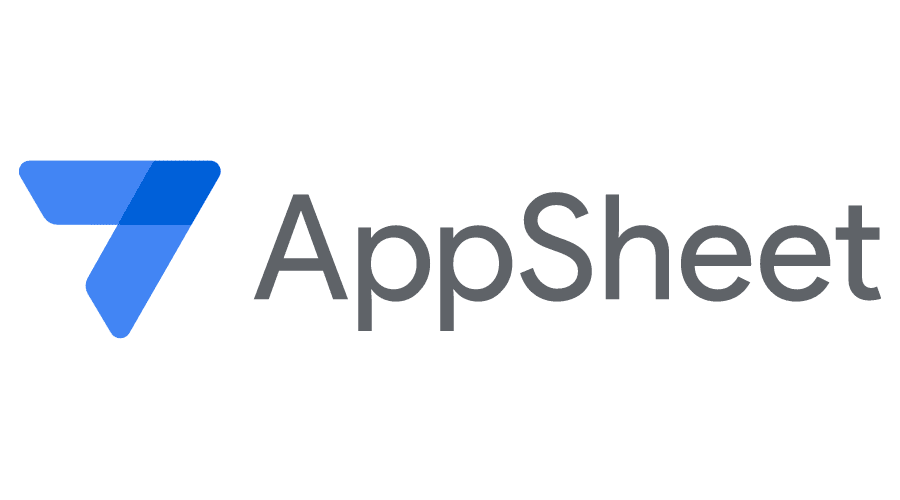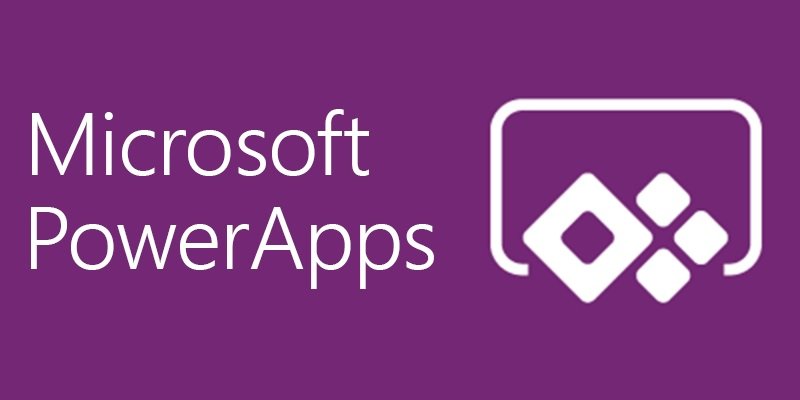Low-code development platforms are becoming increasingly popular in today’s digital world, offering developers a streamlined way to create excellent user experiences quickly and with less effort. They provide an efficient environment where developers can utilize intuitive drag-and-drop tools, reusable components, and automated processes to rapidly develop applications cost-saving. Low-code platforms also offer easy scalability and allow for quick modifications to accommodate changing business requirements.
In this blog post, we’ll take a look at the best low-code development platforms available on the market today, and discuss their features and capabilities.
What Is Low-Code Development?
Low-code development is a software development method where you create applications by using graphical user interfaces instead of programming in text-based languages. This process takes the complexity out of coding and makes it easier for non-coders to build applications. It allows developers to quickly assemble business processes from preconfigured elements and drag-and-drop functions. which makes it ideal for organizations that need to develop apps quickly without having to invest in coding experts or extensive training for existing staff.
Benefits of the Low-Code Development
Low-code development platforms are becoming increasingly popular among developers and businesses. They offer a range of benefits, including faster development cycles, improved agility, greater scalability, and cost savings.
Scalability
Scalability is one of the primary benefits of low-code development platforms. By utilizing a pre-built platform, businesses can quickly and easily scale up their applications as needed. That eliminates the need to constantly create new code or invest in costly hardware upgrades.
Agility
Low-Code development platforms also provide increased agility. Developers can quickly create and deploy applications without needing to build them from scratch. That allows businesses to rapidly respond to changing market conditions and customer requirements. Low-code development platforms offer significant cost savings because they require less time and effort for development, testing, and deployment.
Capability
Low-code development platforms provide the same capabilities and features as traditional coding procedures, but with less effort and in shorter periods. That allows businesses to create robust, high-performing applications without needing to invest in costly personnel or technologies.
The Best Low-Code Development Platforms
1. Mendix
Mendix is one of the best low-code development platforms on the market today. It allows businesses to quickly and easily develop custom applications without the need for extensive coding knowledge. That makes it ideal for businesses of all sizes that want to mature custom applications without incurring the high costs associated with traditional application development. Mendix also offers a wide range of features and services that make it a comprehensive solution for custom application development.

2. OutSystems
OutSystems is one of the leading platforms in this space, offering a comprehensive set of features and tools to help you get the most out of your development efforts. With OutSystems, you can take advantage of pre-built components and modules to accelerate your development process. And thanks to its visual drag-and-drop interface, you can easily create complex applications without needing to write a lot of code. What’s more, OutSystems comes with built-in capabilities for application lifecycle management, so you can easily deploy and manage your applications from a single platform.

3. Appian
When it comes to low-code development platforms, Appian is often considered one of the best. That’s because it offers a wide range of features and benefits that make it ideal for rapid application development. For example, Appian provides a visual drag-and-drop interface that makes it easy to create applications without needing to write code. It also offers pre-built templates and components that can be used to speed up the development process. In addition, Appian’s platform is highly scalable and can be easily customized to meet the specific needs of an organization.

4. AppSheet
AppSheet is one of the best low-code development platforms available today. It allows businesses of all sizes to quickly and easily create custom mobile and web apps without the need for coding or expensive development resources. AppSheet is incredibly user-friendly, making it the perfect platform for businesses that want to develop their apps without breaking the bank. With AppSheet, you can easily connect to your data sources, design your app’s user interface, and deploy your app with just a few clicks. Plus, AppSheet offers a free trial so you can try out the platform before committing to it. So if you’re looking for a low-code development platform that can help you save time and money, AppSheet is a perfect choice.

5. Microsoft PowerApps
Microsoft PowerApps is one of the best low-code development platforms. It enables businesses to build custom apps quickly and easily, without the need for extensive coding knowledge. PowerApps provides a drag-and-drop interface that makes app development simple and efficient. Plus, with its built-in connectors, PowerApps can easily connect to data sources such as Office 365, Dynamics 365, Azure SQL Database, and more. That makes it an ideal platform for developing business apps that can automate workflows and improve productivity.

6. Zoho Creator
Zoho Creator is one of the best low-code development platforms on the market. It enables businesses of all sizes to quickly and easily create custom applications without the need for expensive and time-consuming professional services. Zoho Creator includes all-around features and capabilities that make it ideal for developing extensive applications, from simple data entry forms to complex business process management systems. Perhaps best of all, Zoho Creator is all-around affordable, making it a substantial option for businesses on a tight budget.

7. Kintone
Kintone is a low-code development platform that enables businesses to quickly develop and deploy custom applications without the need for extensive coding knowledge. It is one of the most popular low-code platforms on the market and has been named a leader in the space by Gartner. Kintone’s drag-and-drop interface makes it easy to create custom applications without coding, and its robust library of pre-built templates and connectors speeds up development time even further. Kintone also offers extensive features and capabilities, including workflow automation, user management, data visualization, and much more.

8. Webflow CMS
Webflow CMS is a visual drag-and-drop platform that makes it easy to create and manage websites without having to write code. With Webflow CMS, you can create responsive websites that look great on all devices, including mobile. You can also take advantage of powerful features like e-commerce, membership management, and more. Best of all, Webflow CMS is backed by a team of experts who are always available to help you succeed. If you’re looking for a low-code platform that can help you build beautiful websites quickly and easily, then Webflow CMS is a perfect choice.

Final Thoughts
Low-code development platforms offer a substantial opportunity for businesses to quickly create solutions and products with little coding knowledge. With the wide range of options available, it is dominant to choose one that best fits your needs. We believe these are some of the best low-code development platforms currently on the market, so you should be able to find the perfect option for your project or organization. While each program brings unique features to the table, they all ultimately provide powerful tools and resources enabling businesses and developers alike to meet their goals efficiently and effectively.

